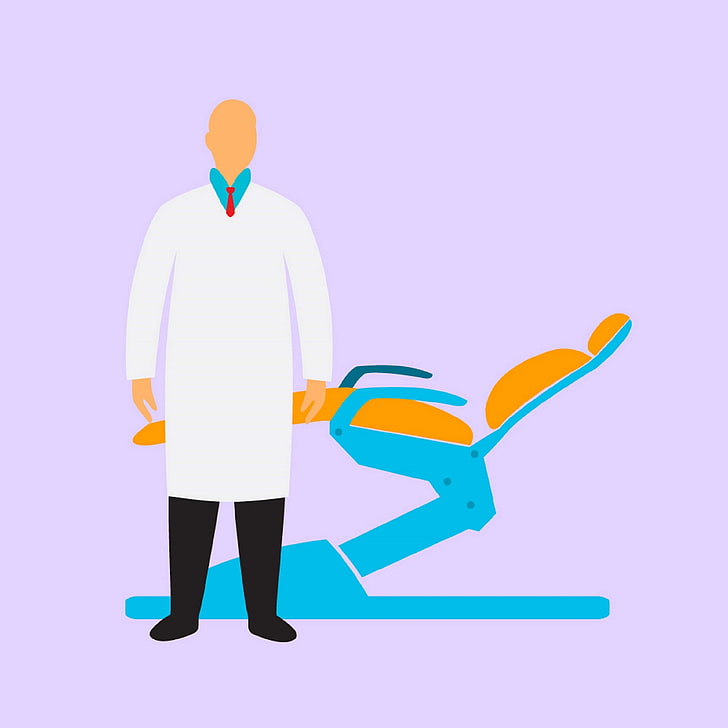How to Stop Tongue Sucking

how to stop tongue sucking

How Can I Stop Sucking My Tongue While Sleeping?
The tongue is one of the body’s strongest muscles. As a result, if it is not properly placed in your mouth, it can cause a variety of issues. Many people ask us, “How do I stop sucking my tongue while sleeping?” Here we answer that question, as well as a few others.
ALso read: How to Manifest Someone out of your Life
How can I stop sucking my tongue while sleeping?
The first step is to identify it as such: Tongue sucking/rocking that has developed as a result of a tongue thrust. Tongue thrust is a condition in which your tongue presses against or comes between your front teeth while you are resting or swallowing. You most likely have no idea what’s going on or how much it’s affecting your daily life. You must retrain your tongue to properly rest in your mouth.
If you really want to stop sucking your tongue, IJustWantToCorrectMyTongueThrust can teach you how to keep it on the roof of your mouth so you can’t. This is the goal of the Tongue Thrust Program.
What complications can tongue thrust cause?
There are several problems associated with tongue thrust, including:
- Tongue thrust can lead to dental problems such as overbite and underbite, among other things.
Tongue thrust can cause snoring and sleep problems.
Tongue thrusting can result in mouth breathing, which can cause fatigue and stress.
Tongue thrust can promote mouth breathing, which can lead to snoring, allergies, and other problems.
Can tongue thrusting cause a lisp?
Yes. When your tongue is protruding too far forwards, it gets “in the way” of your speech, resulting in a lisp. Unfortunately, if you or your child lisps, your listener will notice a distortion in your speech and may even pass judgement on you. Correcting your tongue thrust should aid in the improvement of your lisp.
When should tongue thrusting be corrected?
Everyone over the age of seven is welcome to participate in this programme. A younger child who is unusually mature for his or her age and has a strong family support system, on the other hand, may be able to complete the exercises with adult supervision. We’ve seen patients as young as 4 1/2 years old and as old as 86 years old!
Stopping Methods
Use other methods to break your tongue sucking habit. Chewing gum is one example.
Setting reminders to interrupt your thoughts and assist you in identifying if you are sucking your tongue.
A timer set to go off every 15 to 30 minutes or an app set to remind you are two examples.
Is it possible to put an end to tongue thrusting?
The good news is that you may be able to stop a tongue thrust right at home. Consider putting a sugar-free candy on the tip of your tongue, such as a lifesaver. Then, press the tip of your tongue against your mouth’s roof. Check that your tongue is pressing against the gum.
What exactly causes tongue thrust?
Tongue Thrust Causes
Tongue thrust is an orofacial myofunctional disorder caused by thumb-sucking or prolonged pacifier use. It could also be the result of untreated tongue-tie. The improper tongue movements are corrected through early diagnosis and treatment with myofunctional therapy.
What causes adult tongue thrusting?
Tongue thrust can occur for a variety of reasons, but it is most commonly caused by frequent sucking of the thumb or fingers, or by compensating for the limited range of motion caused by a tongue tie.
How do I stop my baby from thrusting his tongue?
Stopping the habit of thumbsucking or removing any pacifiers that may still be used is one of the first steps in stopping tongue thrusting. If your child has difficulty breathing through their nose, speak with their paediatrician about being referred to an ENT specialist. Keep their lips apart and swallow.
Conclusion
The solutions for tongue sucking has been enlisted in this piece and explained in details. If you’ve tried other methods and it didn’t work out,try this we’ve listed and thank us later